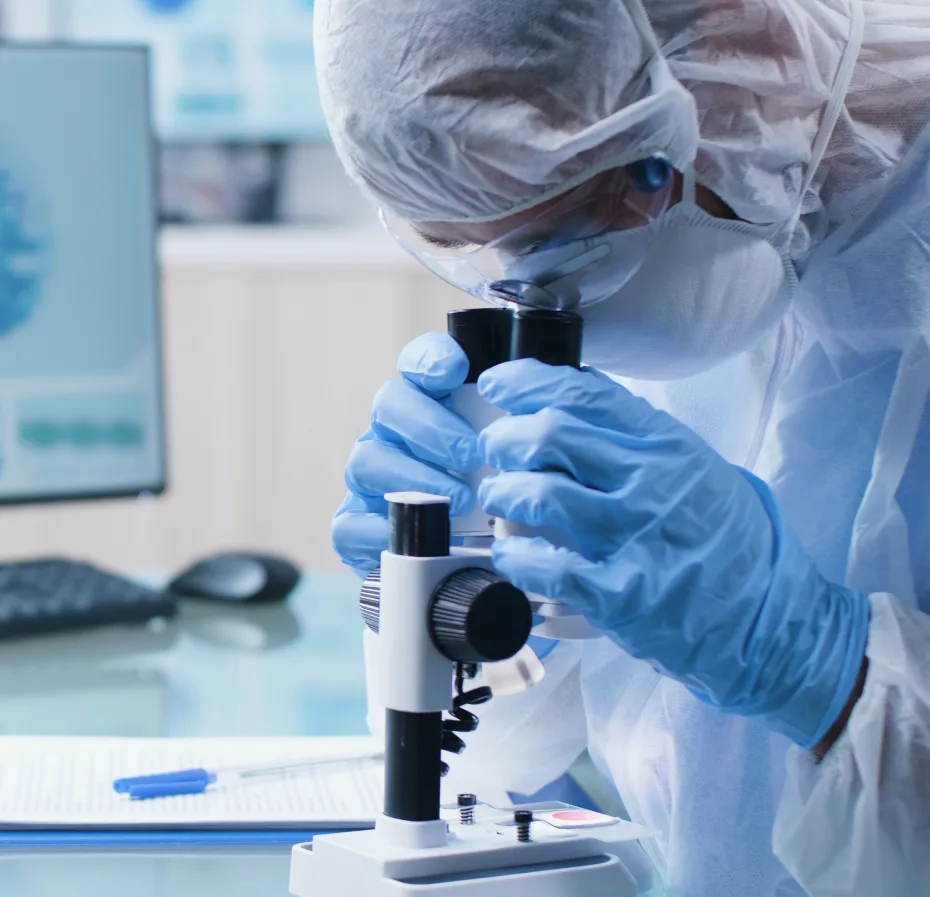How is Mycoplasma Genitalium transmitted?
Mycoplasma genitalium is primarily transmitted through sexual contact, including vaginal, anal, and oral sex. The bacterium can be passed on even if the infected person does not have any symptoms. Key points of transmission include:
- Sexual Contact: Direct contact with the penis, vagina, mouth, or anus of an infected person.
- Asymptomatic Transmission: Many people with M. genitalium do not exhibit symptoms but can still transmit the infection to their sexual partners.
What are the symptoms of Mycoplasma Genitalium?
Symptoms of M. genitalium infection can vary widely, and many people may not experience any symptoms. When symptoms do occur, they typically appear within a few weeks of exposure and may include:
- In women:
- Abnormal vaginal discharge
- Painful urination
- Pain during intercourse
- Bleeding between periods
- Lower abdominal pain
- In men:
- Discharge from the penis
- Painful urination
- Urethral discomfort or itching
What are the complications of untreated Mycoplasma Genitalium?
If left untreated, M. genitalium can lead to serious health problems, including:
- In women: Pelvic inflammatory disease (PID), which can cause chronic pelvic pain, damage to the fallopian tubes, and infertility.
- In men: Urethritis, epididymitis, and potential infertility.
- Increased risk of contracting or transmitting other STIs, including HIV.
How is Mycoplasma Genitalium diagnosed?
Diagnosing M. genitalium can be challenging due to the lack of widespread availability of testing. Common diagnostic methods include:
- Swab Tests: Swabs of the affected area (cervix, urethra) can be taken and tested in a laboratory to detect the presence of the bacterium.
- Urine Tests: In men, a urine sample can be used to detect the presence of the bacterium.
How is Mycoplasma Genitalium treated?
Treatment for M. genitalium typically involves antibiotics. However, the bacterium is known to be resistant to some common antibiotics, so specific medications are used:
- Azithromycin: Often used, but resistance is increasing.
- Moxifloxacin: May be used if the infection is resistant to azithromycin.
It is important to complete the full course of antibiotics and follow up with your healthcare provider to ensure the infection is cleared.
Can Mycoplasma Genitalium be prevented?
Mycoplasma genitalium can be prevented by:
- Using condoms consistently and correctly during sexual activity.
- Having regular STI screenings, especially if you have multiple sexual partners.
- Maintaining a mutually monogamous relationship with an uninfected partner.
- Communicating with sexual partners about STI status and risks.

